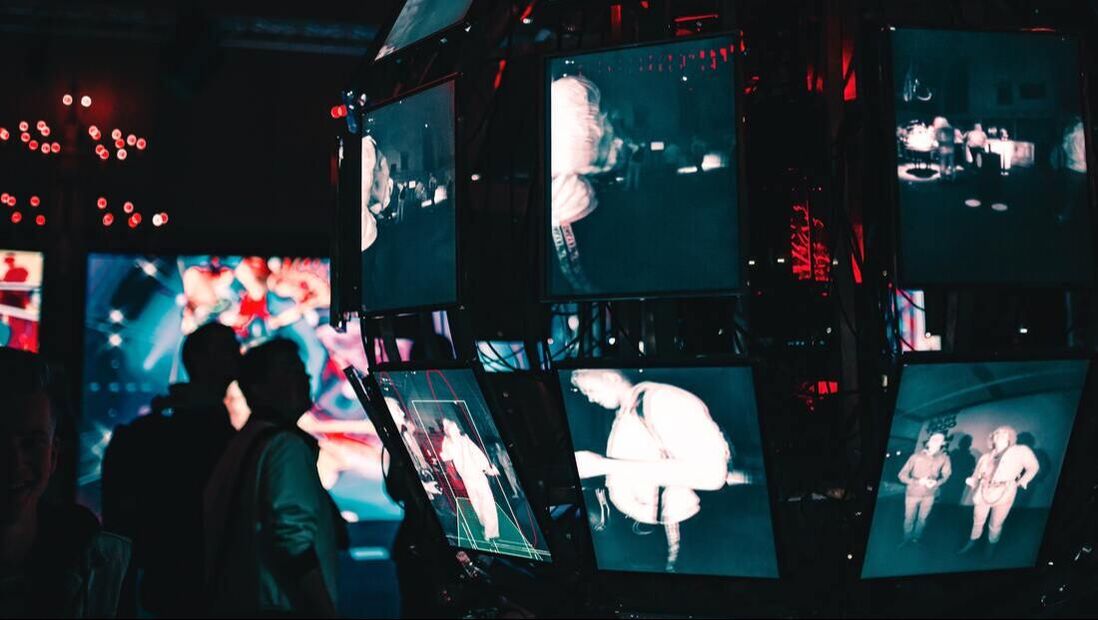|
In her confirmation hearing today, Judge Ketanji Brown Jackson spoke approvingly of two Supreme Court decisions on whether the Fourth Amendment applies to cellphones. Her answer seems to reveal a lot about the judge’s thinking about privacy, surveillance, and how she might interpret the U.S. Constitution.
In Riley v. California (2014), the Court was asked if a cellphone – which, of course, did not exist at the time of the drafting of the Constitution – is protected by the Fourth Amendment requirement for a probable cause warrant. The Court held that cellphones “are now such a pervasive and insistent part of daily life that the proverbial visitor from Mars might conclude that they were an important feature of human anatomy.” The Court also noted that cellphones hold the “sum of an individual’s private life.” In Carpenter v. United States (2018), the Court determined that a warrant is needed to access a person’s cellphone location history. Judge Jackson brought up both decisions when Sen. Amy Klobuchar asked her about extending the Constitution to fit new realities. The judge’s reply had more of an originalist flavor than that of Sen. Klobuchar’s question. Judge Jackson said the Supreme Court correctly “looked back at the time of the Founding” at how the definition of unreasonable searches and seizures “would have been understood at the time,” and then applied that understanding to the new technology at issue in those cases. Her reply gives hope to those who would want a Justice Jackson to give the Fourth Amendment a broad, originalist reading Comments are closed.
|
Categories
All
|


 RSS Feed
RSS Feed